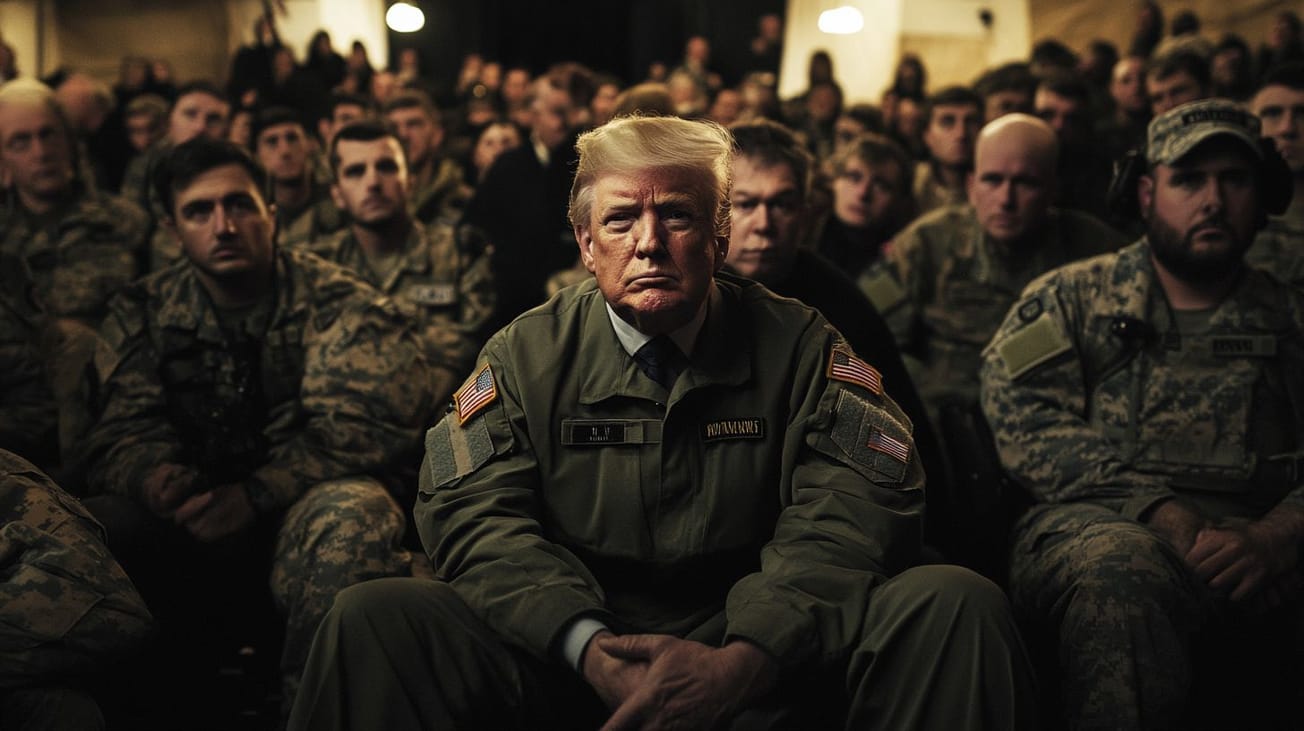Following Donald Trump's victory in the recent US presidential election, his return to power has stirred discussions and concerns regarding the country's military budget. With Republicans under his leadership taking control of key political bodies, including the Senate and potentially the House of Representatives, the trajectory of defense spending is a topic of significant interest.
Analysts predict that Trump's second term will likely result in an increase in the defense budget, continuing the trend set during his previous administration. The debate surrounding military expenditures underscores a division within the Republican Party. Traditional "defense hawks," like former Secretary of State Mike Pompeo, advocate for bolstering armed forces funding, while budget-conscious members emphasize reducing government spending. Additionally, a faction aligning with "America first" principles, like Christopher Miller, leans towards scaling back US military engagements globally. The outcome of this internal struggle will depend on the makeup of the new Trump administration.
Moreover, concerns linger about the future allocation of resources to Ukraine, especially in light of potential changes in support from the United States. The ambiguity surrounding Trump's policy direction adds further complexity to forecasting defense spending patterns. While expectations vary, some predict a continuation of the upward trend in the Pentagon's budget, reflecting broader geopolitical rivalries and strategic priorities.
Critics argue that increased militarization could lead to unforeseen consequences, heightening tensions with adversaries like China and Russia. The intertwined relationship between defense companies and government decisions remains a focal point, with calls for greater transparency in arms deals and foreign policy initiatives. Notably, accusations have surfaced regarding China’s influence on the US semiconductor industry, rekindling debates over national security and economic interests.
Despite Trump's rhetoric condemning war profiteering and advocating for isolationist policies, past actions paint a different picture. Collaborations with large arms manufacturers and lucrative arms deals call into question the sincerity of his anti-warrior stance. As the political landscape evolves, the role of the military-industrial complex in shaping US defense strategies continues to draw scrutiny and speculation.
Republican Party Split on Military Spending Increase
Following Donald Trump's victory in the recent US presidential election, his return to power has stirred discussions and concerns regarding the country's military budget.









